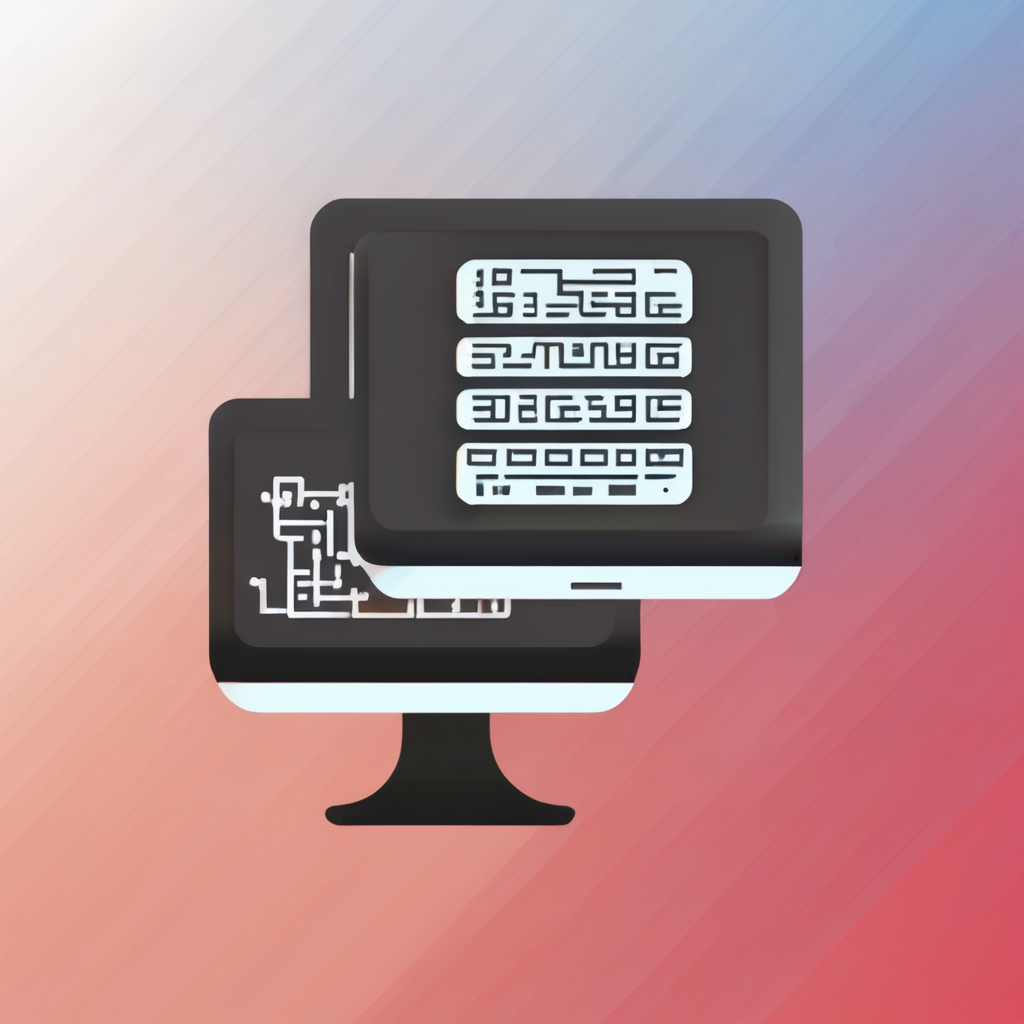Key UK Computing Hardware Innovations Shaping Healthcare
The UK computing hardware innovations have rapidly advanced, significantly impacting the healthcare sector. Among the most notable developments are AI chips and specialised data processors designed explicitly for medical applications. These cutting-edge technologies offer enhanced processing speeds, improved energy efficiency, and higher accuracy levels vital for handling complex medical data.
AI chips serve as the backbone for many healthcare solutions, powering diagnostic tools, patient monitoring systems, and automated data analysis. Their ability to accelerate machine learning algorithms allows healthcare providers to detect diseases earlier and tailor treatments more precisely.
Topic to read : What are the benefits of UK computing hardware in healthcare innovations?
Specialised data processors complement AI chips by managing vast amounts of medical data securely and efficiently. They enable real-time data processing from wearable devices, imaging systems, and electronic health records. This ensures healthcare professionals receive up-to-the-minute insights necessary for critical decision-making.
Medical-grade hardware developed within the UK also prioritises reliability and safety, meeting stringent industry standards. Collectively, these advancements form a robust foundation for next-generation healthcare applications, enhancing patient outcomes and operational efficiency across the sector.
Also to discover : How Does UK-Computing Hardware Impact Everyday British Life?
Transforming Diagnostics with Advanced Hardware
Advanced computing hardware is revolutionizing the field of medical diagnostics by enabling faster and more accurate analysis of complex data. The integration of specialized AI chips into diagnostic systems enhances the capability of AI in diagnostics, accelerating the processing of vast amounts of medical information. This hardware improvement significantly reduces waiting times for results while improving diagnostic precision.
In medical imaging, the deployment of powerful processors allows for real-time analysis and generation of clearer images. This leads to more reliable detection of anomalies and supports healthcare professionals in making better-informed decisions. The benefits of computing hardware in medical imaging include both improved image resolution and expedited interpretation, which are critical for effective patient care.
In the UK healthcare environment, hospitals have begun adopting AI-enabled diagnostic tools that rely on these hardware advancements. These tools contribute to quicker diagnoses and reduce the burden on medical staff by automating routine image assessments. Consequently, the use of AI in diagnostics combined with advanced hardware enhances overall healthcare efficiency and patient outcomes.
Enhancing Data Management and Security
Specialised healthcare data processors have become essential in optimizing the handling of vast patient records. These processors are designed to improve the efficiency and accuracy of patient record management, allowing healthcare providers to access and update data more swiftly. By tailoring processing power specifically for healthcare datasets, these systems reduce latency and enable real-time data analysis vital for timely decision-making.
In terms of data security, these processors incorporate advanced encryption and access control mechanisms to safeguard sensitive patient information. Protecting privacy is paramount, as breaches can have severe consequences for both individuals and institutions. Healthcare data processors ensure compliance with regulatory frameworks while maintaining robust protection against unauthorized access and cyber threats.
The impact is notably significant when managing large-scale clinical datasets, where billions of records must be processed accurately and securely. By harnessing specialised processors, healthcare providers can handle data-intensive tasks such as predictive modeling, population health studies, and personalized treatment plans without sacrificing privacy or performance. This blend of enhanced data management and fortified security represents a transformative leap in healthcare data infrastructure.
Powering Next-Generation Medical Devices
Advanced embedded hardware is central to the evolution of modern medical devices, enabling innovation in healthcare technology that enhances patient monitoring and treatment. These sophisticated computing components are integrated into portable diagnostic tools and wearable health monitors, offering real-time data processing that improves accuracy and responsiveness.
Portable diagnostic devices, for instance, combine sensors with embedded processors to deliver instant results outside traditional clinical settings. Wearable health monitors utilize embedded systems to continuously track vital signs, empowering patients and healthcare providers with timely, actionable insights. This integration supports remote care and early intervention, which are crucial for chronic condition management.
The UK is at the forefront of this innovation, developing embedded hardware that focuses on reliability and functionality. These advancements ensure that medical devices can perform consistently in diverse environments, meeting stringent regulatory standards while pushing the boundaries of what healthcare technology can achieve. This progress not only improves device performance but also opens new avenues for personalized medicine and healthcare accessibility.
Case Studies: Successful UK Implementations
The UK healthcare sector has witnessed several case studies showcasing effective technology adoption, particularly within the NHS. One notable example involves deploying advanced computing hardware across multiple NHS trusts. This initiative resulted in improved data processing speeds, significantly enhancing diagnostic accuracy and reducing patient wait times.
In another project, the integration of wearable health monitoring devices connected to cloud-based platforms allowed real-time patient data analysis. This technology adoption led to early detection of chronic conditions, enabling timely interventions and better patient outcomes. Measurable benefits from these implementations included a reduction in hospital admissions and streamlined clinical workflows.
Lessons from these case studies reveal that successful technology adoption relies on clear communication between technical teams and medical staff, adequate staff training, and iterative evaluation. Scalability is promising, but it depends on robust infrastructure and continued investment. Overall, these UK healthcare examples demonstrate how thoughtful integration of new computing technologies can lead to tangible improvements in both patient care and operational efficiency.

